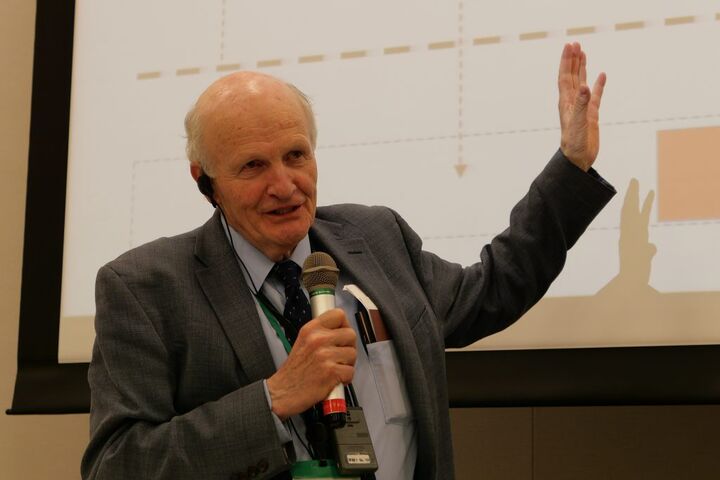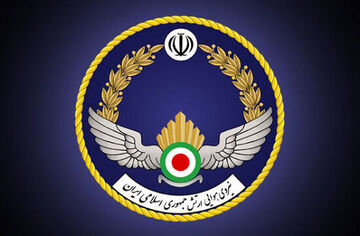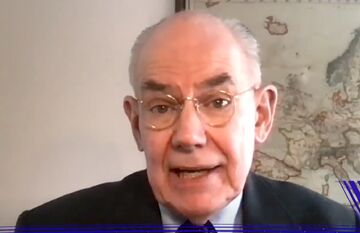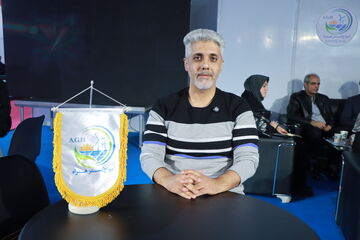TEHRAN(Bazaar) – Professor Frank N. von Hippel, former assistant director for national security in the White House Office of Science and Technology, says in Democrats’ battle to retain their margin of control in Washington, they do not want to be put in a position of defending everything the IRGC has done.
He adds “I think that what Malley proposes may be a reasonable compromise, depending on what the sanctions are and what their justifications are.”
Following is the text of the Bazaar interview with Professor Frank N. von Hippel.
Bazaar: The Vienna talks now require political decisions by Iran and the United States. What do you think is the main issue left?
Von Hippel: My impression is that it is Iran’s insistence that the IRGC be removed from the US list of terrorist organizations.
Bazaar: It is said that the removal of the IRGC from the U.S. terrorist list is the most important issue left in the negotiations. Robert Malley, the Special Envoy for Iran has stated that the IRGC will remain under sanctions even if it is removed from the US terrorist list. Despite this, what is the reason for America's stubbornness in this regard?
Von Hippel: This is a political issue. In Democrats’ battle to retain their margin of control in Washington, they do not want to be put in a position of defending everything the IRGC has done. I think that what Malley proposes may be a reasonable compromise, depending on what the sanctions are and what their justifications are.
Bazaar: U.S. Congressmen are seeking to pass legislation that would require congressional approval by the US government to remove the IRGC from the terrorist list. If this happens, what is the Biden government's strategy for it?
Von Hippel: That would put Biden in a difficult situation. But he could veto the legislation, which would require a two thirds majority of both branches of Congress to override his veto. I don’t think that such a majority would be achievable.
Bazaar: In an interview with his Hungarian counterpart, the Iranian Foreign Minister stated that significant progress had been made in the negotiations, but that some important issues remained between Iran and the United States. What is your assessment of his words?
Von Hippel: I think he is correct. If the remaining issue is the de-listing of the IRGC, that is significant progress.
Bazaar: Mohammad Eslami, President of the Atomic Energy Organization of Iran, has announced that Iran has sent documents to the International Atomic Energy Agency on March 20, 2022, and they have reviewed them, and IAEA representatives will probably come to Iran to review the materials and review the answers and summarize. Do you think that the dispute between Iran and the IAEA over issues related to Netanyahu's documents will be resolved independently or it will be tied to the result of the JCPOA?
Von Hippel: I hope the two issues can be kept separate. However, if we cannot achieve agreement on the JCPOA, I am worried that Iran will cross a “red line” in its nuclear program that could result in a war that no one should want. In that case, the IAEA issues would appear minor and irrelevant.
















نظر شما